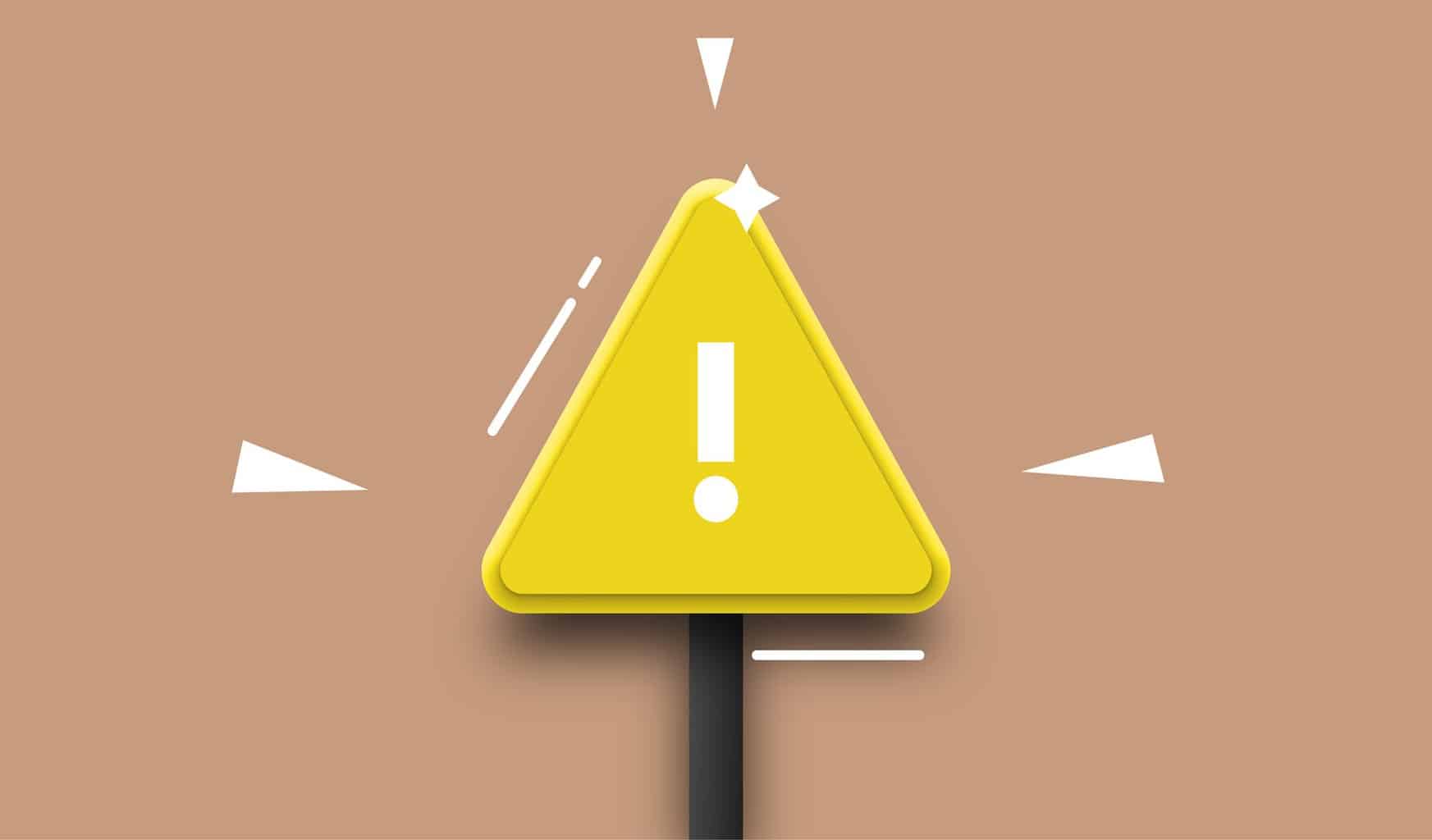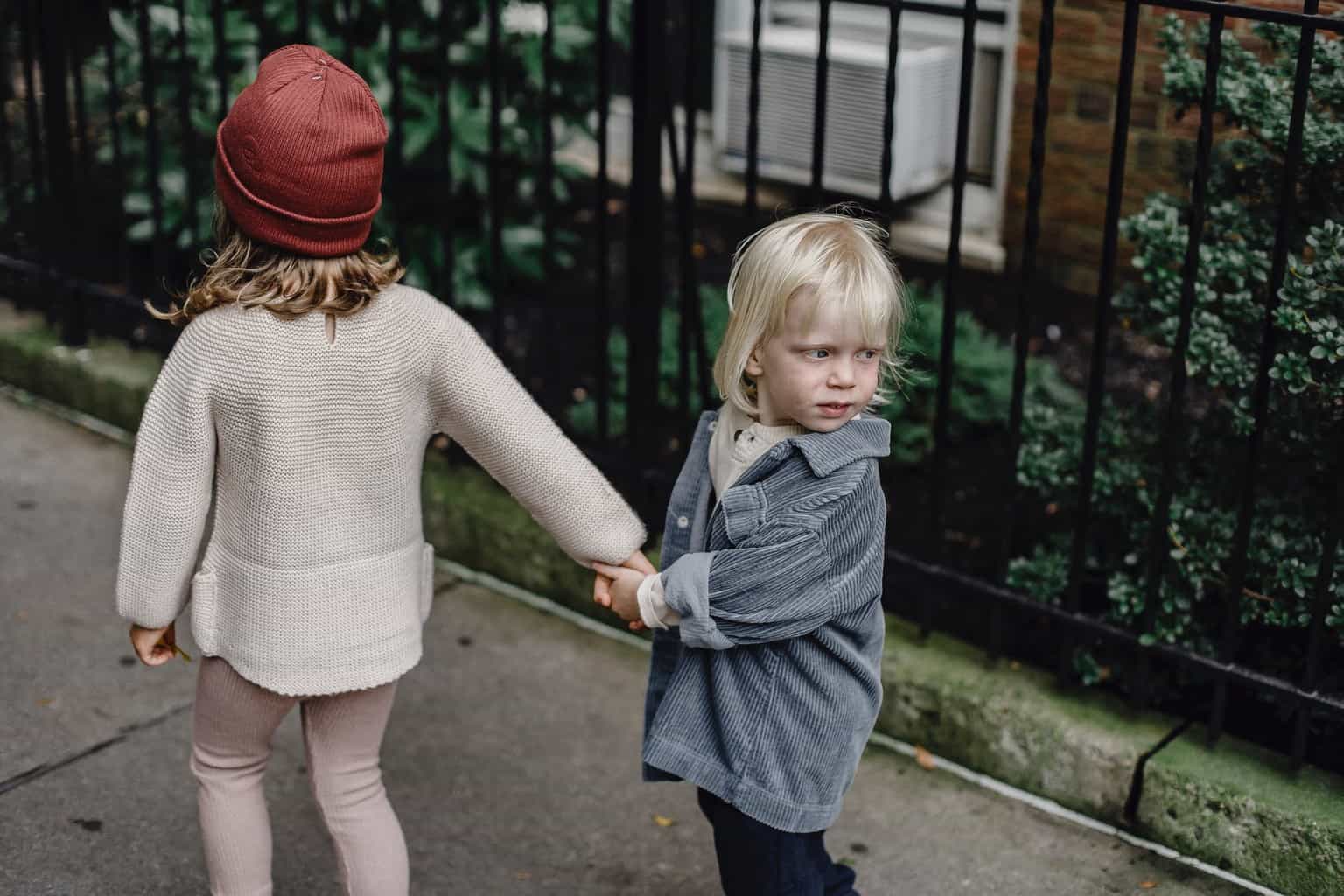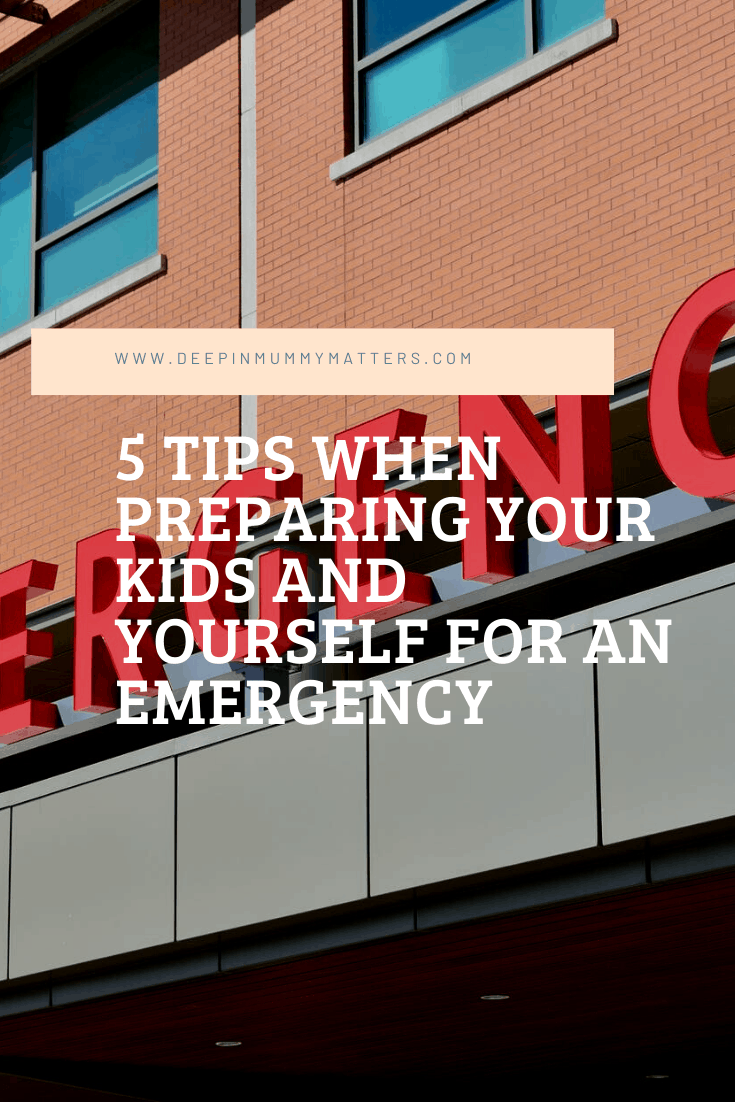“It wasn’t raining when Noah built the ark.” – Howard Ruff
How often have you been apprehensive about your child’s safety while allowing them to venture out at night, dropping them off at a party, or even while sending them for a school excursion?

However, much of your worries can be reduced if you help your child be well prepared to take the necessary steps when faced with an emergency. Here are a few things that you can consider to enable your child (and yourself) be ready to handle a state of crisis with ease.
1. Practice age-appropriate education towards emergency preparedness
Keep your instructions as simple as possible if your child is really young. For children who are a little older, you can explain in more detail what could happen in dangerous situations and how they could get out of them safely. Teach them about recognising the warning signs of trouble and how to be able to escape unharmed. Older kids need to know that they need to act promptly and smartly if they are outside and violence breaks out.
2. Inculcate the importance of stay alert

Sometimes we tend to get caught up in the hustle of life, and we get distracted when outside. These days, most people have their eyes glued to their cell phones while walking, driving, or even in most social scenarios. Little to no awareness of your surroundings can lead you to walk straight into a dangerous situation. Therefore, it’s essential to pay attention to what is happening around you and teach your children the same.
3. Have an emergency plan
Emergencies almost always arise unannounced. But a little pre-emptive approach can go a long way in helping you and your children come out of such situations. For example, you might not expect to get separated from your child in a crowded place like a mall or an amusement park. However, stats say that 20,000 children go missing every year in Australia. Wisdom lies in being prepared for such instances before they occur. Your plan should include a commonplace or landmark where you could meet up if someone from the group gets lost in the crowd. Teach your kids to memorise your cell phone number or at least write it on a piece of paper and keep it with them.
4. Learn not to panic

This one is probably the most difficult of all as it is easier said than done. Nevertheless, this is very vital. It’s important to stay calm than to freeze in panic. Whatever the situation may be, you want to get out of there unharmed and unscathed. Freezing in terror could paralyse you and significantly reduce your chances to escape. Staying calm and knowing what to do can empower you and help you stay safe at such times.
5. Know the three outs
You cannot possibly put the finger on anyone fail-safe action to work in every possible scenario. You need to think fast and act quickly. Before help arrives, you’re the only help you have. What you do by the time that it takes for help to arrive determines whether you make it out safely or not.
There are basically three outs that you need to follow: get out, hide out, or take them out.
A wise man once said, “Prevention is better than cure,” and he has been proven correct time and again. While thoughtful planning and prepping in advance increases your and your child’s chances of escaping ill fortunes, it also pays to understand how important first aid training is, in the aftermath of emergencies.

